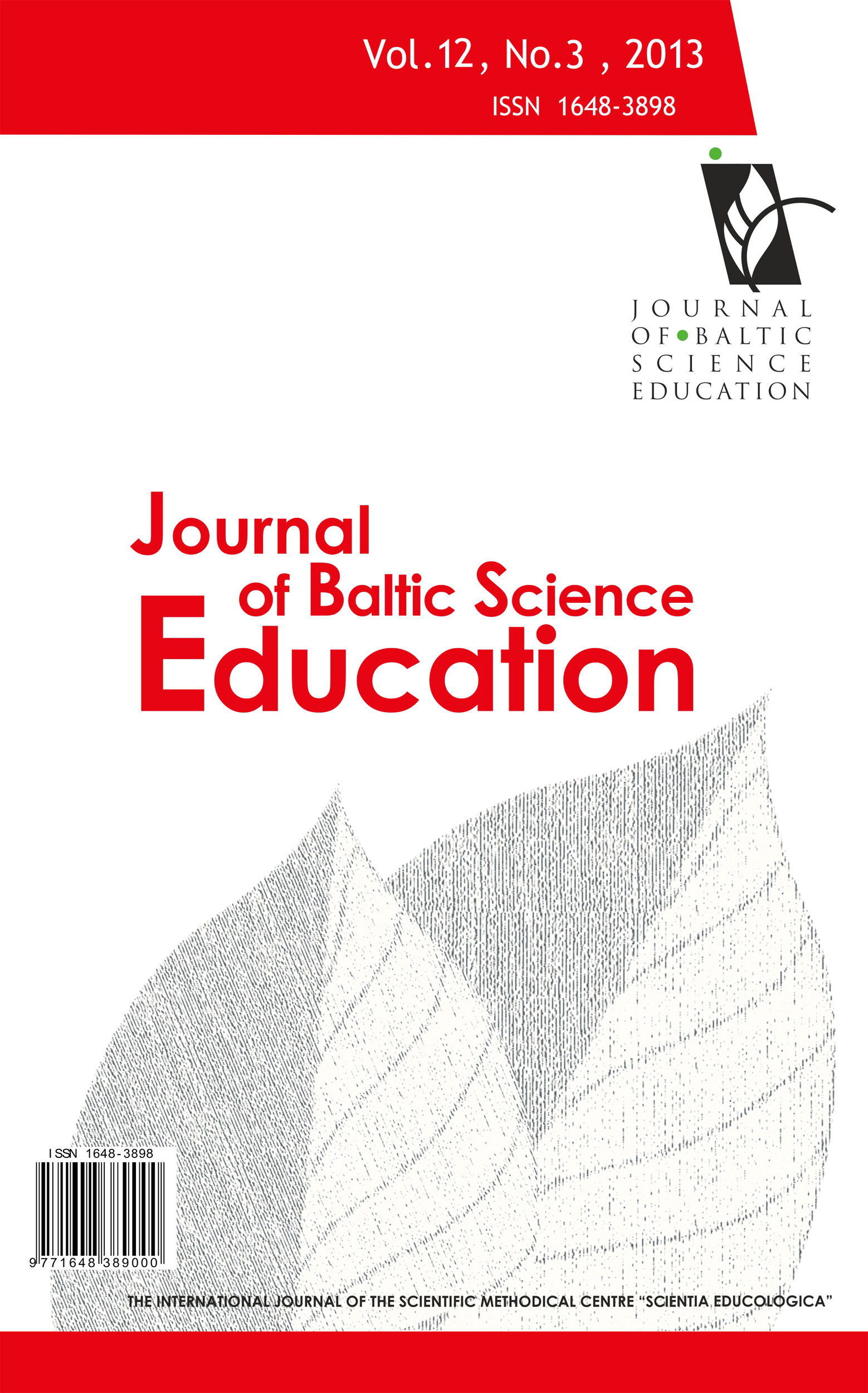COGITO ERGO SUM HOMOMACHINE?
COGITO ERGO SUM HOMOMACHINE?
Author(s): Boris AberšekSubject(s): Education, Pedagogy
Published by: Scientia Socialis, UAB
Keywords: school systems; global knowledge economy; teaching/learning process;
Summary/Abstract: When European Union (EU) heads of state and government met at a summit in Lisbon in 2000 (Lisbon declaration, 2000), they set the goal of making Europe 'the most competitive and dynamic knowledge-based economy in the world'. In a knowledge economy, the 'most effective modern economies will be those that produce the most information and knowledge, and make that information and knowledge easily accessible to the greatest number of individuals and enterprises'. This policy brief suggests that individuals and companies can easily collaborate and compete globally, and that the solution for Europe in meeting the Lisbon goals is to invest heavily in education and skills. Statistical evidence briefly demonstrates the high return on investment in education. It makes recommendations for ensuring that Europe' school systems become more flexible and effective in improving learning outcomes, and argues that Europeans capacity to compete in the global knowledge economy will depend on whether its higher education institutions can meet the rapidly growing demand for high-level skills. International comparisons demonstrate the challenges confronting Europe but also illustrate the success of efforts to meet such challenges.
Journal: Journal of Baltic Science Education
- Issue Year: 12/2013
- Issue No: 3
- Page Range: 268-270
- Page Count: 3
- Language: English

